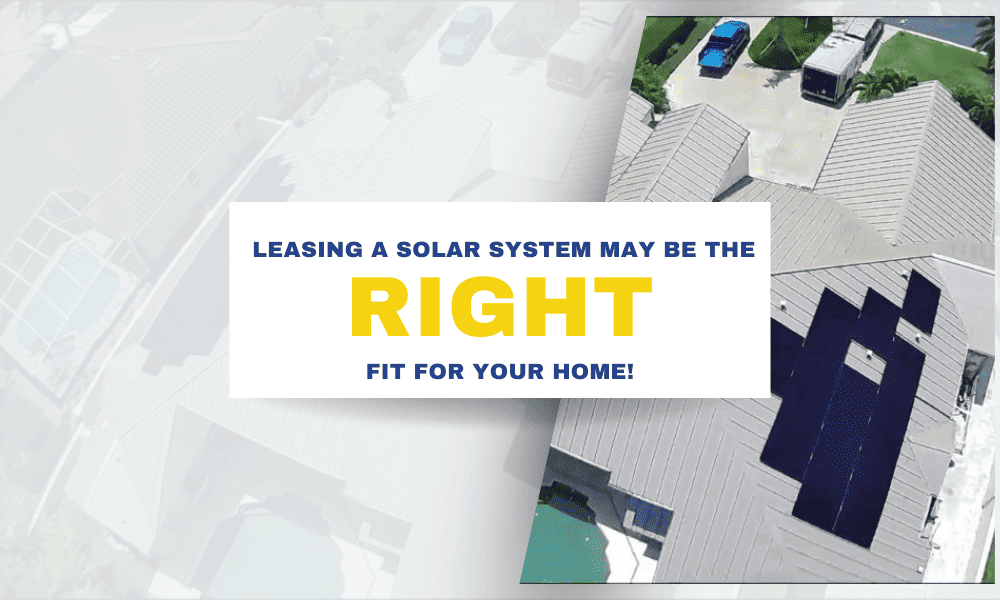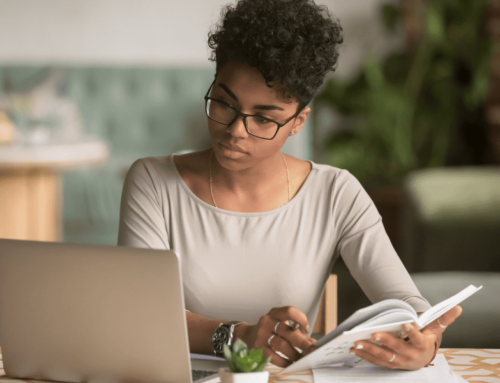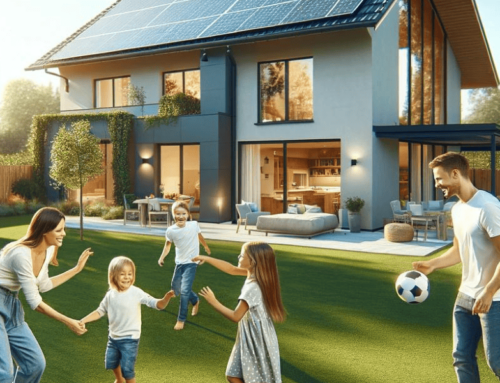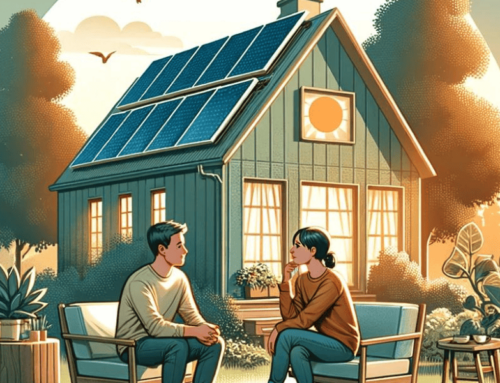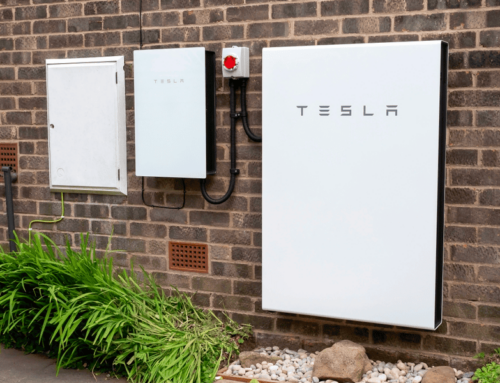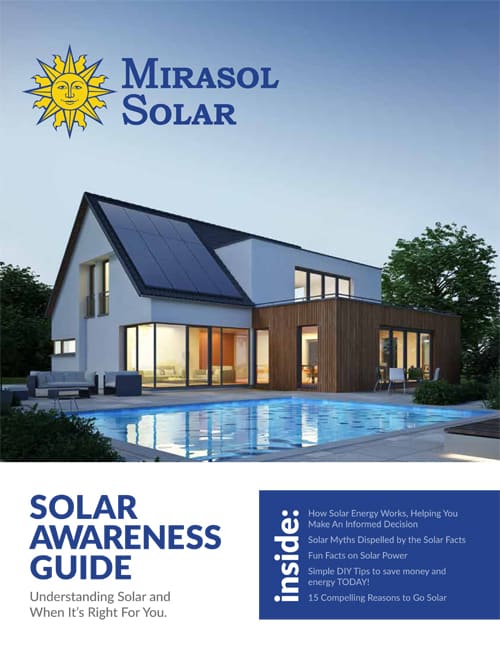For consumers who are interested in using solar power to power their homes, save money, and help the environment, the cost of purchasing solar power may give them second thoughts. However, there is another option: leasing a solar system can allow homeowners to switch to solar energy without making an upfront investment. There are many reasons why purchasing a solar system may be out of reach: a low credit score, not enough equity in the home, the feeling that the loan payments will be too high, or no ability to use the tax credits. But leasing can take the worry out of those things, immediately reduce the energy bill, and lock in savings for the next 25 years and longer.
Leasing Solar Panels
Leasing solar panels makes the switch to solar energy more attainable for homeowners who don’t have the cash reserves required for the upfront investment. However, unlike buying solar panels or using a payment plan toward the purchase of a solar system, leasing solar panels means that a third party, like SunPower, owns the equipment. While purchasing solar results in tax credits and incentives for a homeowner, the lease amount may also be lowered because the solar company can claim those credits and will pass the savings on in the lease. Homeowners also have the option of buying out the lease after the fifth year.
The Cost of Leasing Solar Panels
The cost of leasing a solar system is determined by multiple factors, i.e., how much energy the household uses, the company, the panels used, the location, and the homeowner’s credit score. Plus, some solar companies require a down payment, while others allow you to lease with a $0-down agreement. These costs should be considered when considering leasing a solar system. It is an appealing way to start saving money on electricity bills and to help the environment.
It is also important to know that the equipment (panels) being used are of good quality and high-wattage (400–440 watts) so that they will continue to supply the power needed throughout the contract. With a SunPower system, homeowners are sure to get some of the best, most trusted panels available.
Is there a downside?
Selling the Home Requires Some Extra Steps
Although solar panels, in general, add value to a home, a home with leased solar panels may add an extra layer of paperwork or complication to a real estate transaction. With a SunPower lease, the contract can be transferred to the new owner or sold and paid off completely as part of the real estate transaction. More and more, buyers see the value of having solar, whether owned or leased—the lease ensures that they will pay less than the regular utility rate and the costs are stable.
What Is Gained by Leasing?
Little to No Upfront Costs
Depending on the terms of the solar lease, one may be able to get solar panels up and running on a home for little to no money down. Although payments must be made throughout the term of the lease, there will be money saved on the electric bill. Homeowners have the option to pay off the entire system after 5 years of leasing and then enjoy no additional payments.
Avoid Maintenance Costs and Efforts
Solar panels are relatively low-maintenance; however, they are not entirely maintenance-free. With a solar lease, any problems with the solar panels will be covered by the third-party owner.
Long-Term Savings
Whether one buys or leases solar, they will save money on monthly utility bills in the long term. The difference is that a leased system requires monthly payments for the term of the lease. Once paid for in full, purchased systems deliver energy at no cost.
Leasing Is Best If…
One Wants to Get Started with Solar
When solar panels are leased, homeowners get the benefits of reducing utility bills and helping the environment without dramatically affecting household savings at the same time. Depending on the lease program and terms, the solar panels may be purchased at the end of the agreement. In fact, with SunPower, homeowners can purchase the system after just 5 years.
Learn more and save at mirasolsolar.com

